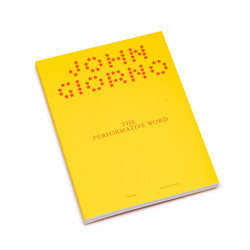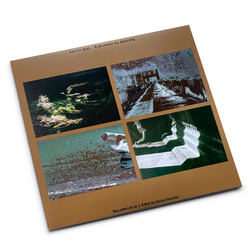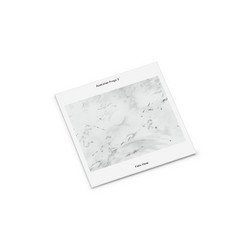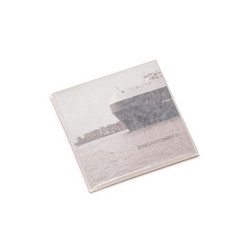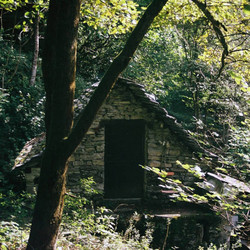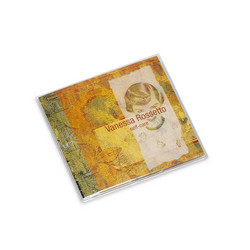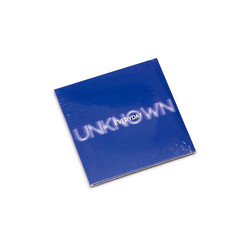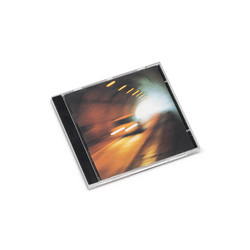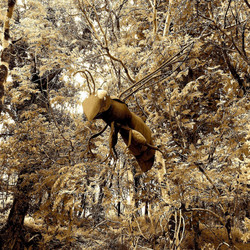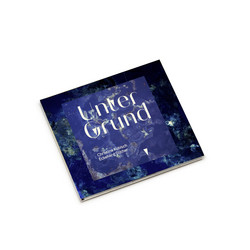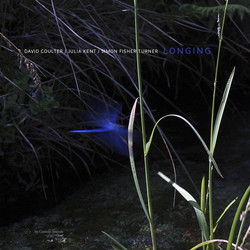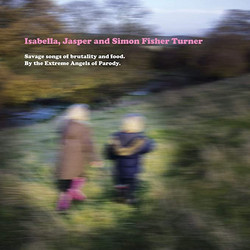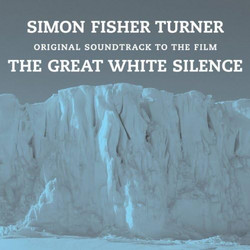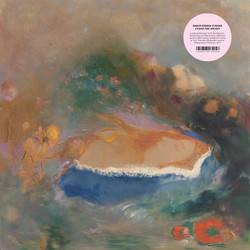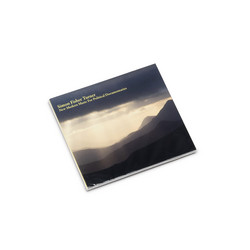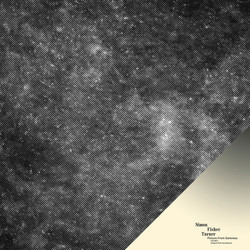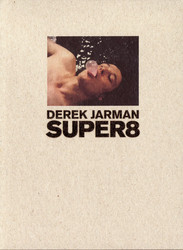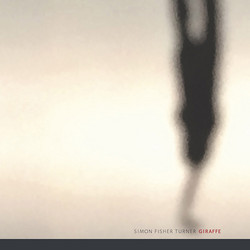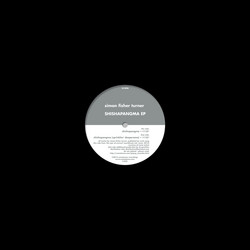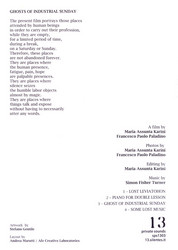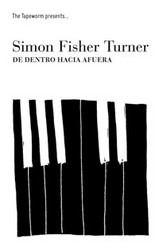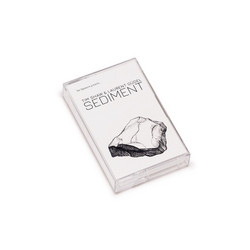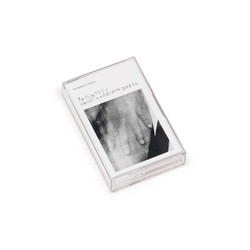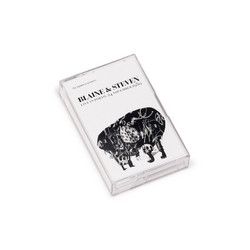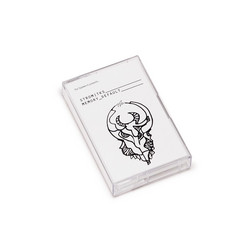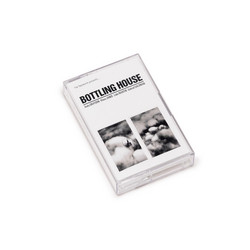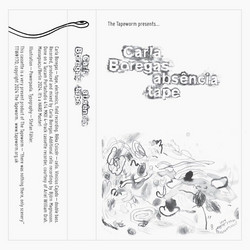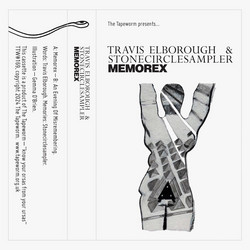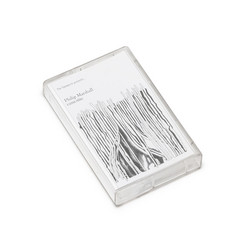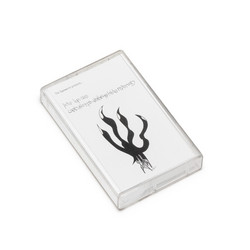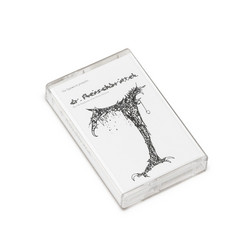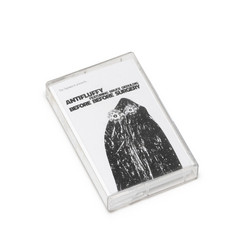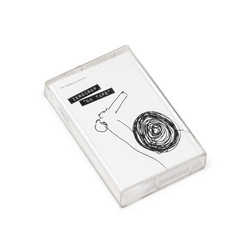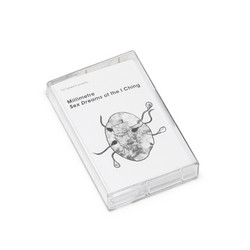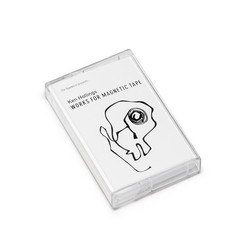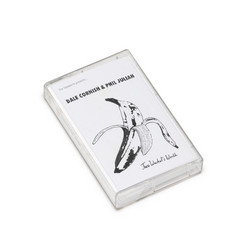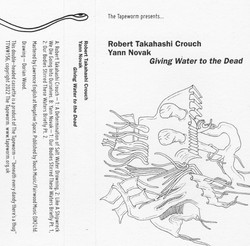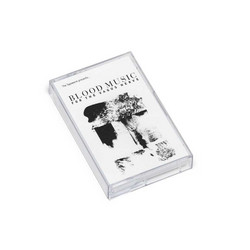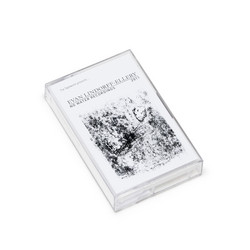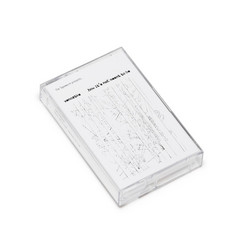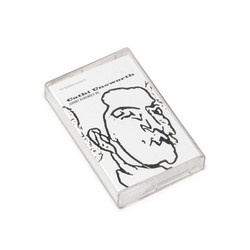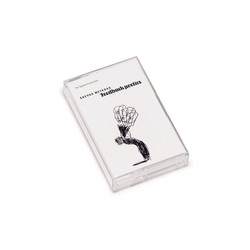Simon Fisher Turner
Life Recordings From Prospect Cottage and the Ness
**126 copies** The life recordings on this C40 cassette are raw, unedited transfers from Dungeness made with a Sony Walkman Professional WM-D6 by Simon Fisher Turner. With the voice of Derek Jarman recorded on 20 June 1992 in his cottage as he begins to write Chroma, and sounds from around the nuclear power station in the fifth corner at the end of the globe.
From child actor to teenage pop idol, from self-confessed “extreme sound freak” to acclaimed solo recording artist, Simon Fisher Turner’s career has been nothing if not varied. His early acting credits included film and TV roles from “Tom Brown's Schooldays” to “The Big Sleep” (re-made with Robert Mitchum). At the same time he was fronting various 70s pop acts, and at the age of 17 was signed to Jonathan King’s UK Records, releasing his first solo album in 1969. After that precocious start, Simon followed an often eccentric, sometimes outlandish musical path. He operated on the fringes of punk; performed briefly with The The; became Musician in Residence at the ICA in 1980; released two albums as one half of a fictional French female duo know as Deux Filles.
But through all this Simon was developing a deep and abiding interest in the stuff of sound, accumulating a vast library of collected sounds from daily life. It is this interest which now forms the basis of his improvisatory, eclectic approach to music making, and is manifest on his most recent solo albums on the Mute label (his discography comprises some 30 solo albums to date). From trite pop to extreme sound-freakery, the mature SFT (as he now styles himself) has arrived at a mesmeric originality. Simon’s life as a film composer stems from his association with Derek Jarman in the 1980s and 1990s. His scoring credits for Jarman included Caravaggio, The Last of England, The Garden and Edward II. His final film for Jarman was the powerful, poignant Blue, where a soundscape recorded by Simon at Eno’s country house, together with Jarman’s AIDS-inspired spoken words, stood in for visuals - only a blue screen was projected. The film won a Michael Powell Award. His work with films has continued unabated since Jarman’s death.

